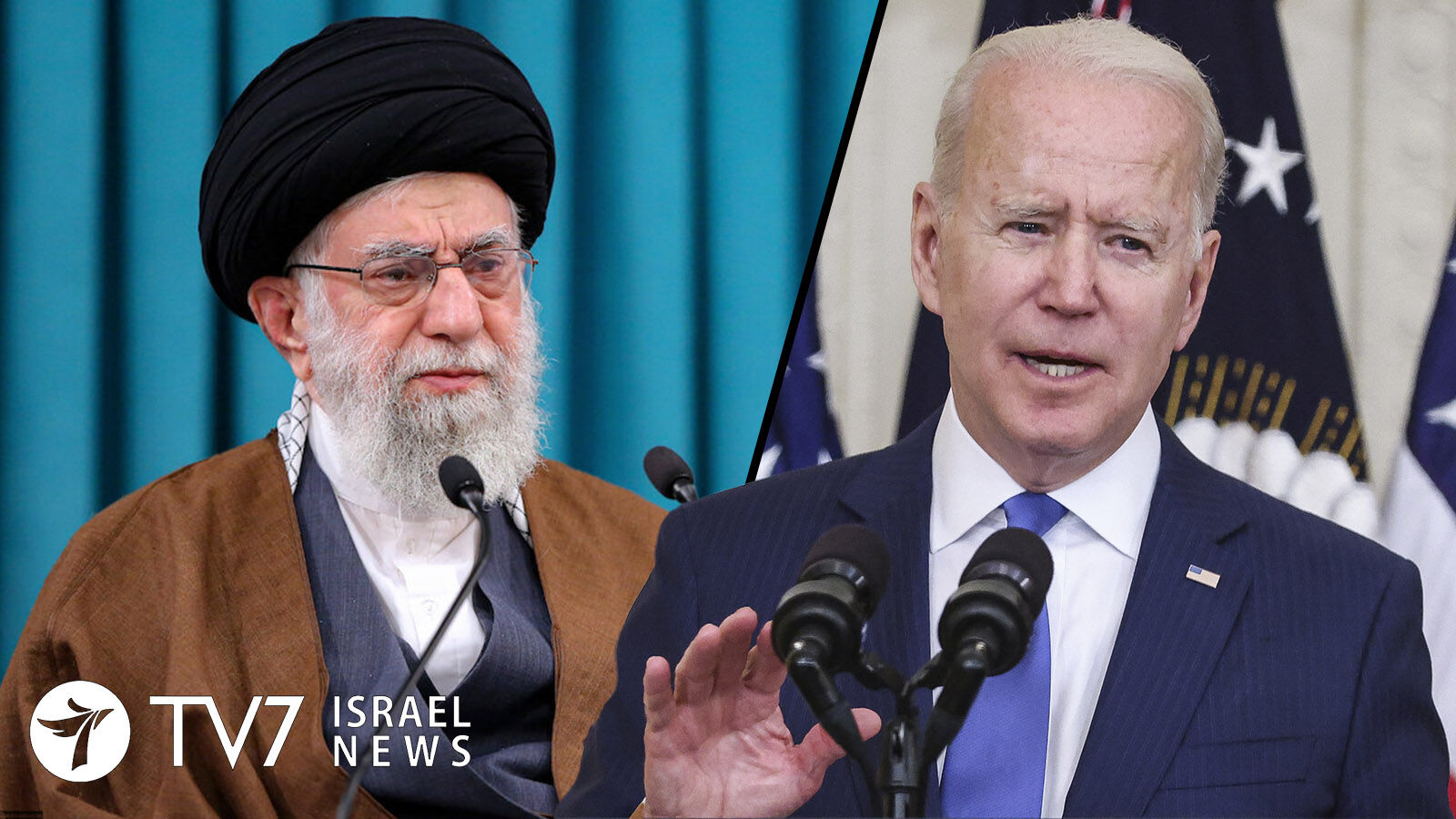The country’s economy should not be tied to efforts to remove United States-imposed sanctions, said Iran’s Supreme Leader Ayatollah Ali Khamenei.
By Erin Viner
“Today, our economy is the key issue… we should take steps in direction of developing a knowledge-based economy which is the most important path to boost our economy,” Khamenei said in a televised speech on the first day of the Iranian Nowruz New Year.
Iran and major powers have engaged in talks for the past 11 months in Vienna to revive the 2015 Joint Comprehensive Plan of Action, which curbed Tehran’s nuclear program in exchange for sanctions relief. Former US President Donald Trump re-imposed the punitive measures after withdrawing from the pact in 2018, over allegations of Iranian nuclear violations. The Ayatollah regime responded by openly breaching critical nuclear limits. The current administration of Democratic President Joe Biden has been undertaking efforts to bring both sides back into compliance with the deal.
“My talk for today is that we should take steps in the direction of developing a knowledge-based economy, which is the most important path to boost our economy,” said the Iranian leader, stressing, “We should not tie the economy to sanctions. They shouldn’t say that this is the situation as long as we have sanctions, no. It is possible to make economic advances despite US sanctions.”
Efforts to clinch a new nuclear deal have largely reached an impasse over last-minute demands by Russia, which is now at odds with the West over its February invasion of Ukraine, forcing a suspension of the Vienna Talks despite having a largely completed text.
“Despite American sanctions, it is possible to expand foreign trade, as we did, enter regional agreements and have achievements in oil and other areas, and reach a better state, which thankfully have all taken place despite the fact that American sanctions are still standing,” Khamenei insisted, calling on the country’s officials to govern in a way that sanctions would not affect the Islamic Republic’s economy.
The economy is the top challenge for Iran’s ruling clerics – who fear a revival of protests that have erupted since 2017 by lower and middle-income communities angry at rising poverty.
Hardline Iranian President Ebrahim Raisi, a close Khamenei loyalist, has previously vowed not to link the economy to JCPOA talks with world powers, even though the negotiations could lift most US sanctions through the revival of the 2015 pact.
“I never say to not go after sanctions relief, but I am asking you to govern the country in a way in which sanctions do not hurt us. Sanctions may scratch some things in some places, but they should not be able to inflict a major loss on the country. This is the responsibility of the officials which must hopefully take place,” stated the Supreme Leader, adding, “Our nation’s choice in combating imperialism was not a surrender, it was a resistance. A non-dependence. A sense of independence. An internal strengthening of the government and the nation and the people. These are national decisions. This was correct. When we look at the matters going on in the world, we see that this is correct.”
In a direct swipe at US President Joe Biden, Khamenei pointed to the “quality of the American retreat from Afghanistan.”
“Firstly, they were in this country [Afghanistan] for 20 years and what they did to that country’s innocent Muslims. And later how they exited and what problems they created for the people. They will not give the people of Afghanistan their assets either. This is Afghanistan and that is Ukraine, whose President who was appointed by the Westerners themselves speaks to the West in such a strong tone,” he said.
